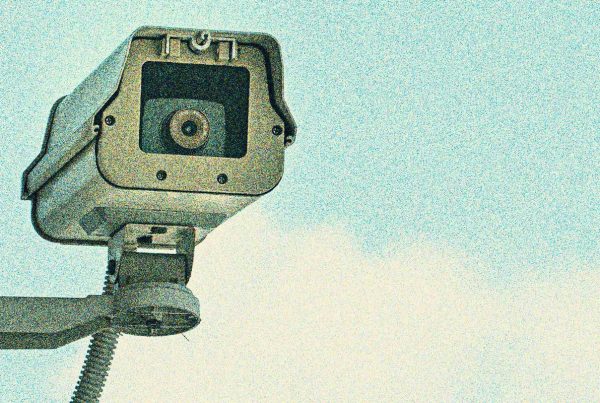The following is a reprint of a letter sent by the Canadian Civil Liberties Association to Minister Scott Brison on March 27, 2018.
The Honourable Scott Brison
Acting Minister of Democratic Institutions
90 Elgin Street, 8th Floor
Ottawa, Canada K1A 0R5
President@tbs-sct.gc.ca
Dear Minister Brison,
The Canadian Civil Liberties Association has spoken out on the need for stronger, more effective, more enforceable, up-to-date public and private sector privacy legislation for a long time. Consequently, we welcome your recent remarks to the media on March 20, 2018 regarding the Facebook Cambridge Analytica affair which included a statement that the government is open to ways that we can strengthen Canada’s privacy laws.
There is a large body of information available regarding the ways to make our privacy laws stronger. The current Privacy Commissioner of Canada has spoken out, this week and in the past. His predecessor also did so. The Privacy Commissioner of Canada’s website lists 18 appearances before Parliament or Parliamentary Committees, submissions, reports, and letters relating to the need for reforming the Privacy Act between 2005 to 2018 and providing concrete suggestions as to what needs to be done. There are another 16 for the Personal Information Protection and Electronic Documents Act (PIPEDA). Most recently, on February 28 2018, the House of Commons Standing Committee on Access to Information, Privacy and Ethics published its report, including recommendations, resulting from its most recent study of PIPEDA, the act that would apply to Facebook’s collection of Canadians’ personal information.
Big data practices, if unconstrained by strong legal protections for privacy, have already been shown to have the potential to interfere with the democratic process. Left unchecked, they may also introduce new forms of discrimination fueled by profiling and automated decisions-making, and potentially inhibit free speech if people in Canada fear their words may be collected, aggregated, and used to affect them in unpredictable ways.
Privacy law cannot solve all of these problems, but it is an excellent start.
We do not yet know if Canadians’ data has been caught up in this scandal, but we can predict with certainty that it will be in one of the next ones, unless steps are taken to give us the strong privacy protection we all deserve and need in order to participate safely in economic and social spheres online.
If there is any way we may assist you in moving forward to make the necessary improvements to Canada’s Privacy Act and the Personal Information and Protection of Electronic Documents Act, we stand ready.
Sincerely,
Brenda McPhail
Director, Privacy, Technology & Surveillance Project
Canadian Civil Liberties Association
About the Canadian Civil Liberties Association
The CCLA is an independent, non-profit organization with supporters from across the country. Founded in 1964, the CCLA is a national human rights organization committed to defending the rights, dignity, safety, and freedoms of all people in Canada.
For the Media
For further comments, please contact us at media@ccla.org.




